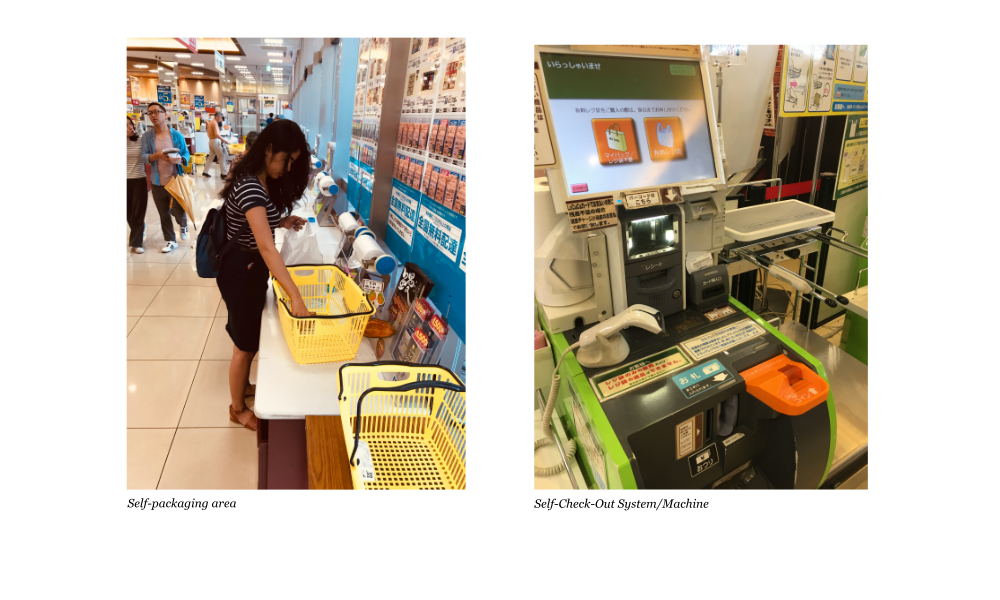
It is not a secret to everyone that the key to getting as many customers as possible is understanding everyone’s constant quest for convenience. This goes to say that a retailer’s main priority is to make sure that the business is accessible to every consumer at any given point of time and that the transactions are not just easy but fast. But more than the demand for convenience, some consumers are also doing their part to assure the efficiency in their transactions. Moreover, collective consideration and shared responsibility among consumers show a promise of faster retail and further convenience for everyone.
Japan had been known worldwide as a country offering convenience and efficiency. Through innovative business solutions, big or small, Japan is becoming more and more a benchmark for every retail market in the world. Customer service is the language of every retailer. Japanese consumers are also known to be one of the most unforgiving in this aspect. In a survey conducted by American Express International, 57% of Japanese respondents answered that they immediately stopped or never went back to an establishment after just one bad incident. Since Japanese consumers are willing spenders, one customer lost already means bad business.
Though convenience can be seen in every nook and cranny of Japanese retail, Japanese culture also suggests a shared responsibility and consideration towards everyone. In this regard, a person new in Japan can notice even the smallest practices that Japanese normally observe.
For one, most restaurants practice the “claygo” method or clean-as-you-go. Every customer is obliged to clean up their own tables after using it and take their trays and used utensils in a designated counter. This doesn’t only help the staff by reducing their work, but this also lessens the waiting time to be seated in a vacant table as it’s ready for use once the customer stands up. Additionally, it is also considered normal for every supermarket to have its area designated for packaging as customers are also obliged to do it by themselves. More so, there are self-check-out counters where customers can scan, pay, and pack their own purchases. These are some of the reasons why you will almost never fall on queue in every supermarket as transactions are fast and efficient.

On a rainy season, you will normally see plastic dispensers outside establishments encouraging everyone to cover their wet umbrellas to avoid it dripping inside. This will not only give the staff less mess to clean, but this will also help avoid any accidents due to slippery floor. A trash bin is also available outside to assure the proper disposal and recycling of these plastics. This is considered a very simple practice but it has considerably good benefits both on the business and the consumers.

Recently, hotels in Tokyo are equipping themselves with unmanned reception counters where guests can check-in and check-out by themselves. Machines have cash slots and change dispensers as well as POS terminals to accept card payments. It is also complete with passport scanners to record details of the guest. Once all check-in procedures are done, the guest can choose between a card or pin code to get access to their respective rooms. Check-out, on the other hand, is done in very few steps and no checking of rooms is required before doing so. The trust that business establishments are placing on their clients is also being reflected by the honesty that is embedded deeply in Japanese culture.

Most people who went to Japan will talk about the level of convenience that every store or restaurant gives its people. Albeit, the level of responsibility that people also practice is another notable factor than can be attributed to Japanese culture. This is probably unique in Japan but foreigners who were not exposed to this culture had no difficulty in adjusting and doing it as well; they even found the benefits in doing so. Though obviously a factor, cultural differences will not be an enormous hindrance for other countries to start on these practices too. Convenience is definitely the language of retail but educating consumers is another angle that retailers need to look into to make a more beneficial, more convenient, and more efficient relationship with its consumers.